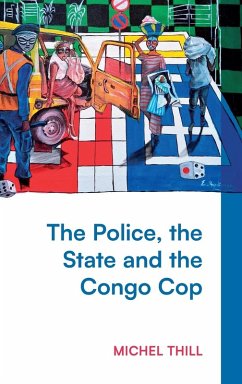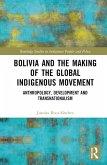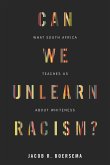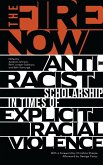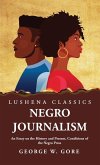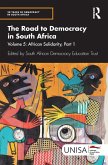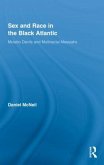The Police, the State and the Congo Cop offers the first book-length, empirical deep-dive into everyday policework in the DRC. Its findings go well beyond the DRC and Africa, however: they ultimately provide a new, startlingly nuanced theoretical framework for understanding what police practice and reform efforts tell us about states anywhere in the world. Following officers from the classroom to the station and the street, Michel Thill offers five narrative-driven chapters rich with historical detail and thick description that show how the police force, as an institution, struggles to coordinate practice with training, coercion with persuasion and reconciliation, and the need to make ends meet with the duty to serve the public. By delving into the convoluted repercussions of police reform, Thill identifies the tensions that shape everyday policework, thereby offering new ways of thinking about police reform while offering practical guidance for practitioners and policymakers. This deeply theorized, yet grounded and highly readable study is an essential source for researchers and upper-level students of African studies, anthropology, and political science who are interested in police and the state. It is also of keen interest to practitioners and policymakers interested in what makes for effective police reform.
Hinweis: Dieser Artikel kann nur an eine deutsche Lieferadresse ausgeliefert werden.
Hinweis: Dieser Artikel kann nur an eine deutsche Lieferadresse ausgeliefert werden.

